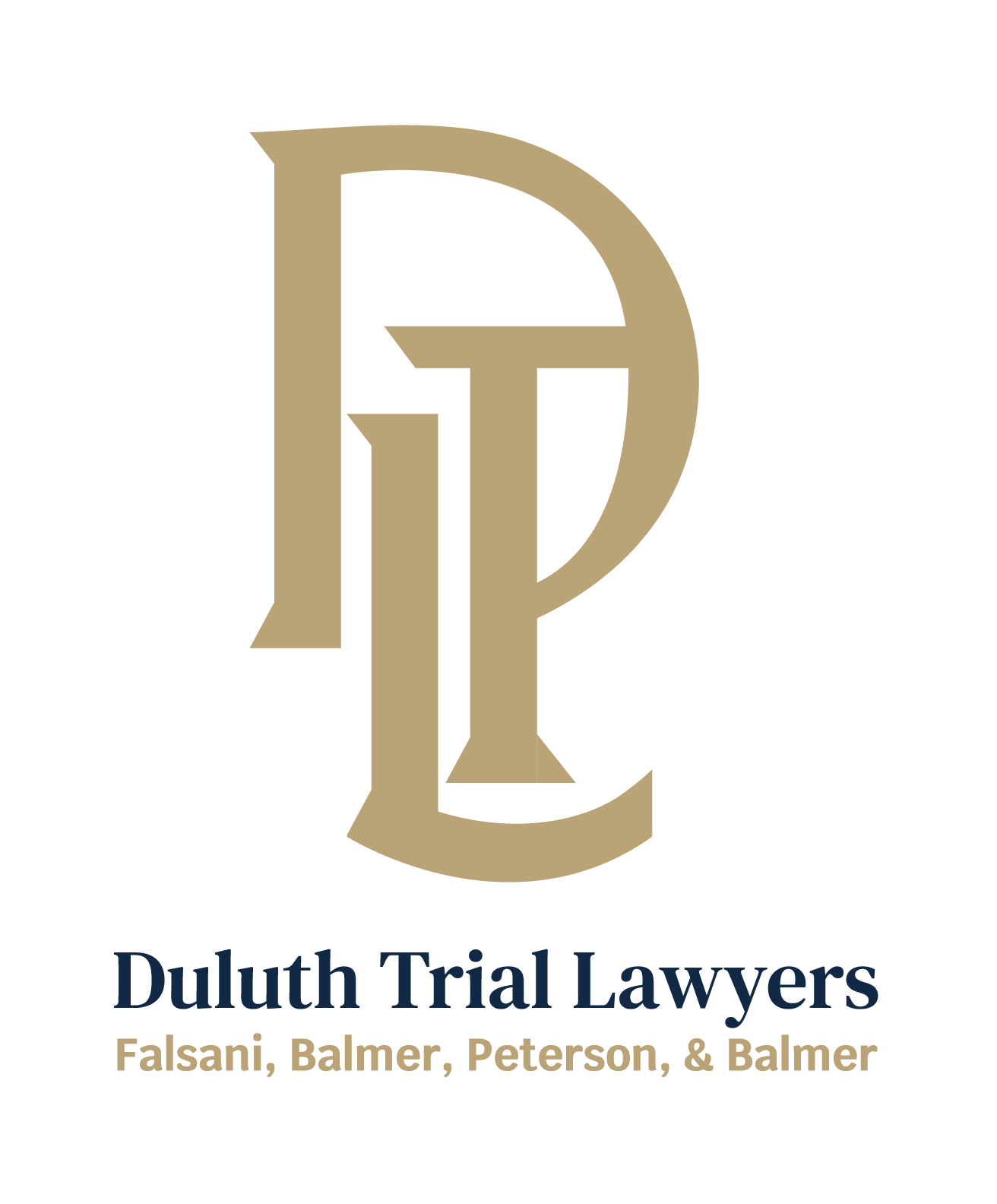Depending on your industry, your Minnesota employer could violate OSHA’s current compliance standards by not providing employees with first aid or access to certain medical personnel. Both you and your boss should make yourselves aware of an unintentional oversight.
Verywell Health shines a light on OSHA’s first aid and medical services requirements. See if your industry and employer qualify.
The industries
Workplace injuries are more common in specific industries, making first aid kits and employee medical training more necessary for them. Such business sectors include construction, diving, logging, electrical and those in which a permit is necessary to enter a confined area. Besides a first aid kit, employers in such industries also need to train employees to administer first aid and CPR, ensuring the availability of trained employees for each shift.
Other industries
If you do not work in the above industries, your employer has to evaluate how likely it is that you and your coworkers could sustain an injury. Reaching out to local hospitals and medical assistance providers to determine how long it takes for ambulances to respond to 911 calls in your geographic area is a good idea.
First aid kits
Each first aid kit should have all the supplies and tools necessary to address common industry injuries. While OSHA does not provide minimum first aid kit requirements, employers can go above and beyond recommendations, especially in industries where the potential for injury is greater. For instance, industries that operate in public spaces commonly stock automated external defibrillators.
This information is only intended to educate and should not be interpreted as legal advice.

